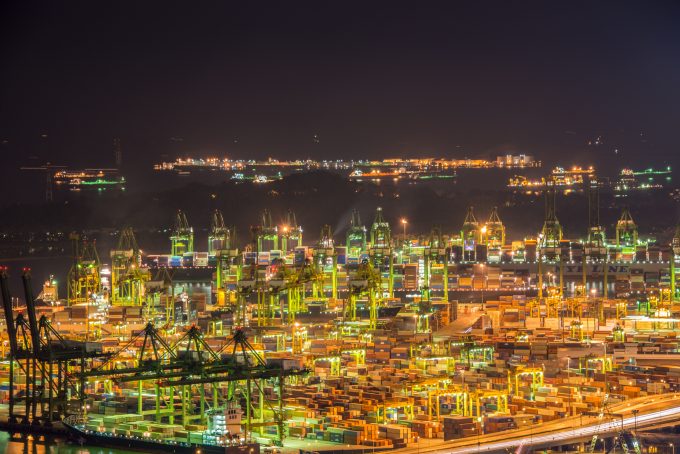Good start for Gemini, liner schedule reliability data reveals
New data from liner analysts at Sea-Intelligence Consulting has confirmed early schedule reliability figures for ...

Hong Kong and Port Klang are set to lose out on Asia-Europe port calls when the Ocean Alliance and THE Alliance launch on 1 April.
According to Alphaliner, Hong Kong will be the “biggest loser” as carriers rationalise their services.
“The reshuffle on the Asia-Europe trade turns out to be very positive for the port of Singapore, which will receive five more weekly calls. This is largely at the expense of Port Klang, which will see its weekly Europe-Far East calls more than halved,” ...
Volcanic disruption at Anchorage could hit transpacific airfreight operations
Macron calls for ‘suspension’ – CMA CGM's $20bn US investment in doubt
De minimis exemption on shipments from China to the US will end in May
Forwarders stay cool as US 'liberation day' tariffs threaten 'global trade war'
Shippers snap up airfreight capacity to US ahead of tariff deadline
Looming Trump tariffs will create 'a bureaucratic monster' for Customs
Mixed response in US to 'Liberation Day', while China leads wave of retaliation

Comment on this article